What is AI and how do I use it?
Artificial intelligence is in everything from our laptops to our washing machines, Jonathon Savill explains what it does and how to make the most of it

Mat Gallagher
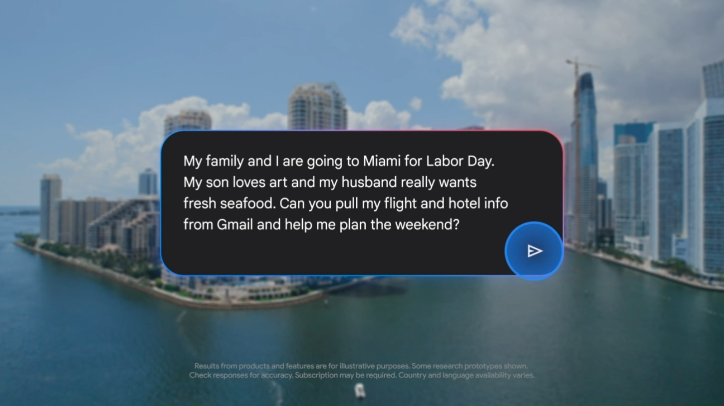
Artificial intelligence, or AI is big news in the tech world today. There's barely a product release that doesn't include some form of AI functionality, whether it's a computer, TV or even a domestic appliance.
Broadly speaking, when the term AI is used in these products it's often about the way the product can better adapt and learn from your actions, rather than rely on your manual direct input. A way to make using the product simpler and easier, to achieve things with less effort from you.
While the name AI can bring up negative connotations it is just a sign of how intelligent computers have become. AI used properly can be extremely useful both in industry and for consumers. It will make our smart homes smarter and our devices even more powerful.
Manufacturers such as Google, Apple, Samsung and Intel have been ramping up their AI activities in recent years, while new arrivals such as ChatGPT have shown the potential of this new technology.
This piece serves as a brief overview, of where AI has come from, where it is today, and where it's going. However, we will explore the elements of AI in greater detail over the coming months.
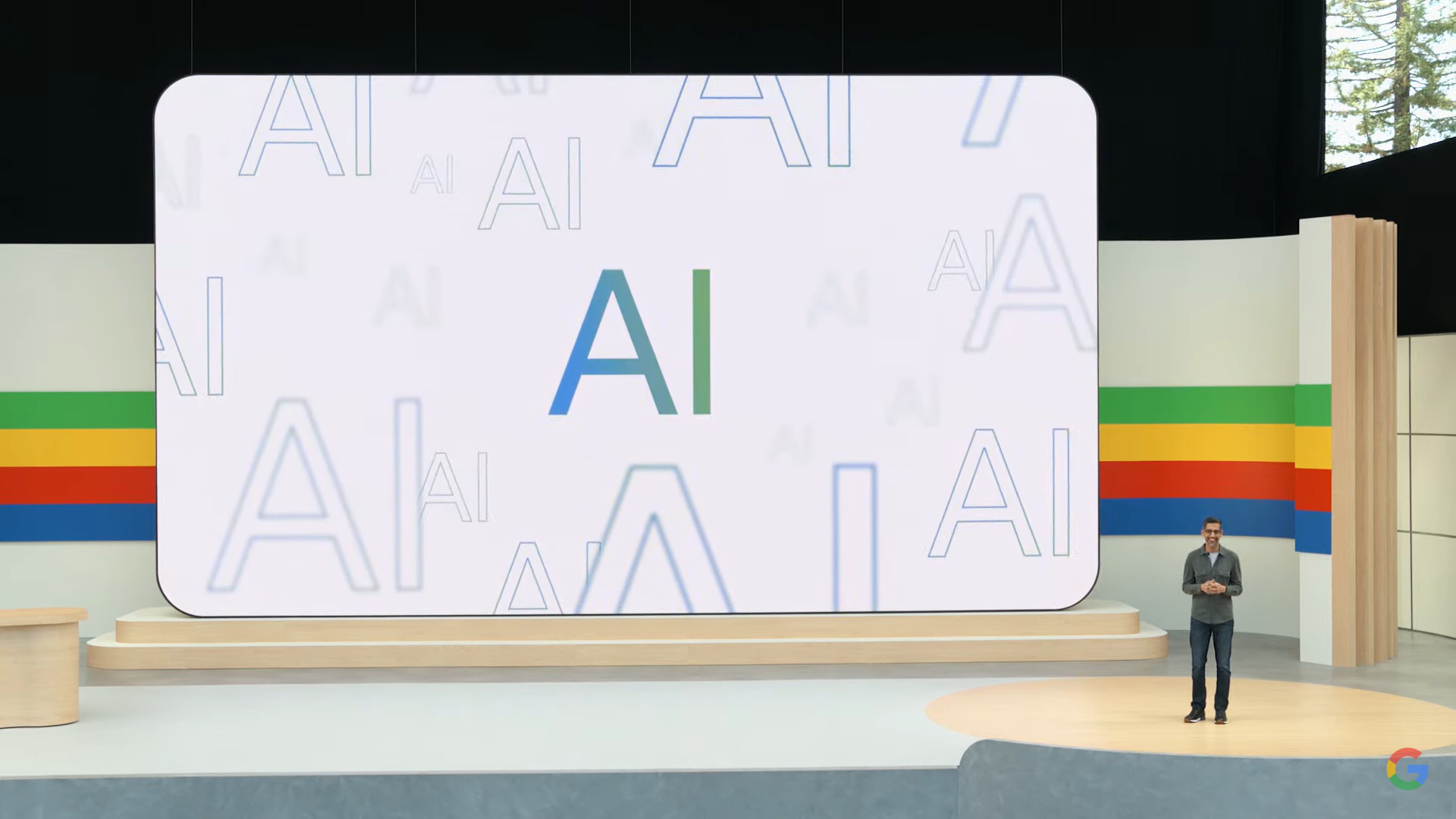
What is AI?
Arguably the father of artificial intelligence was a 9th-century scholar called Muḥammad ibn Musá al-Khwārizmiyy al-Majūsiyy al-Quṭrubbaliyy. Not someone you’d bet on becoming a household name, but the word algorithm is derived from the Latinisation of his name.
However, many would argue that the father of AI itself was Alan Turing, an English mathematician, computer scientist, logician, cryptanalyst, philosopher and theoretical biologist after World War Two. He was the first mathematician who believed that machine learning could in some way mimic human intelligence. Incidentally, machine learning is considered part of AI.
Get all the latest news, reviews, deals and buying guides on gorgeous tech, home and active products from the T3 experts
There are two sorts of AI, narrow (or weak) AI, and complete (or strong) AI. In narrow AI we create the algorithm as we would teach a child to tie shoelaces. It’s often a single task carried out in a sequential process repeatedly. What AI offers is that it doesn’t get tired or fail. But it has limitations, it can’t process if you give it Wellington boots, for example.
Machine learning is a form of narrow AI by which many computer systems work. Examples of machine learning include face recognition and speech recognition.
Complete AI is what we'd call artificial general intelligence, and is probably 20 years away, if not more. This is when machines can think like humans, with the ability to learn, reason and adapt (though hopefully not rebel and take over the world).
Dr Mo Adda is principal lecturer in the Faculty of Technology at the University of Portsmouth. He thinks that the greatest danger to humans in the AI world are humans: “People are lazy, if they don’t have to do something they won’t. Possibly the greatest threat is not machines getting smarter, but humanity allowing itself to get dumber.”
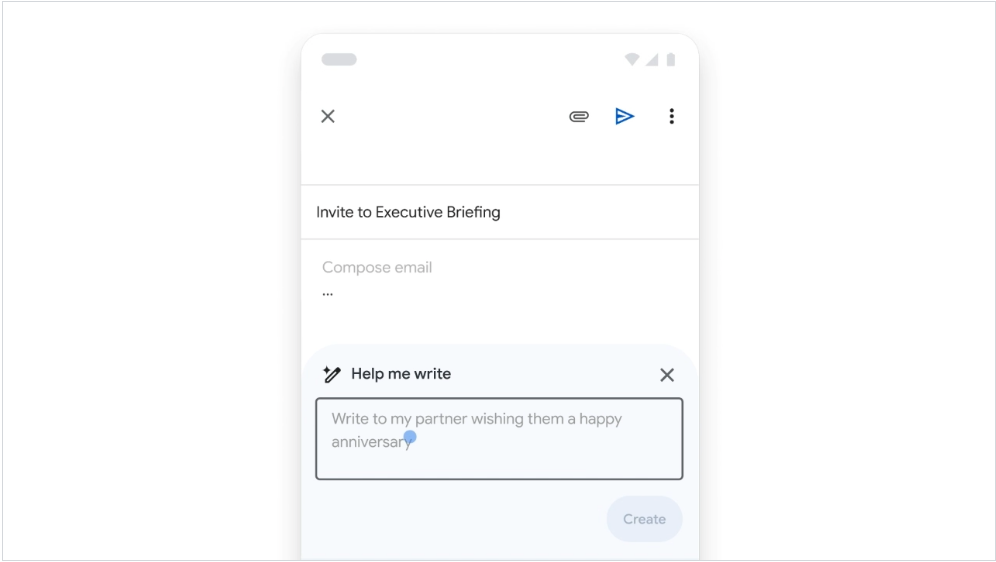
Using AI
In the current AI world, Google is the dominant force, with the technology featuring across all its Google Workspace apps. Gmail uses AI to offer instant replies to emails, summarise conversations, and even help you craft whole emails for everything from complaints and refunds to recommendation requests. Similarly, Google Docs can help you write anything from a thank you note to a how-to guide, with options to set the tone and length along the way.
The Grammarly app improves your syntax using AI. It suggests more appropriate words and picks up on bad phrasing. It can also search for plagiarism, summarise and even rewrite your piece if you want.
Perhaps the most impressive use of AI right now is Galaxy Live translation. This automatically translates voice calls, face-to-face conversations and text messages into your preferred languages and is available on all Samsung Galaxy S24 models.

Galaxy live translation
ChatGPT is regarded as a threat by many but is, in essence, an unrestricted version of Google’s Workspace tools. You can use it to write a letter, essay, book or a whole screenplay. You can also get more creative, writing scripts or computer code to perform tasks, building a website, getting recipe ideas or even planning a holiday. Its potential is as broad as your imagination – if you can ask it, it will come up with a solution, with varying degrees of success.
At the CES trade show in Las Vegas this year, Volkswagen announced a new assistant called IDA. This acts as a virtual assistant, providing a uniquely intelligent, automotive-grade ChatGPT integration. This integration allows you to go much further than simply setting the sat nav and changing the temperature and is something that is also in the works for many other brands.
Another big area for AI right now is in image editing and creation. Programs such as Midjourney and DALL-E can create lifelike images purely based on text prompts, manipulating content it has crawled elsewhere to generate a seemingly original and unique image. Adobe’s powerful image editing tool Photoshop also now employs AI technology, allowing you to make major image adjustments using text prompts and even generate new images using its Firefly generative machine learning product.
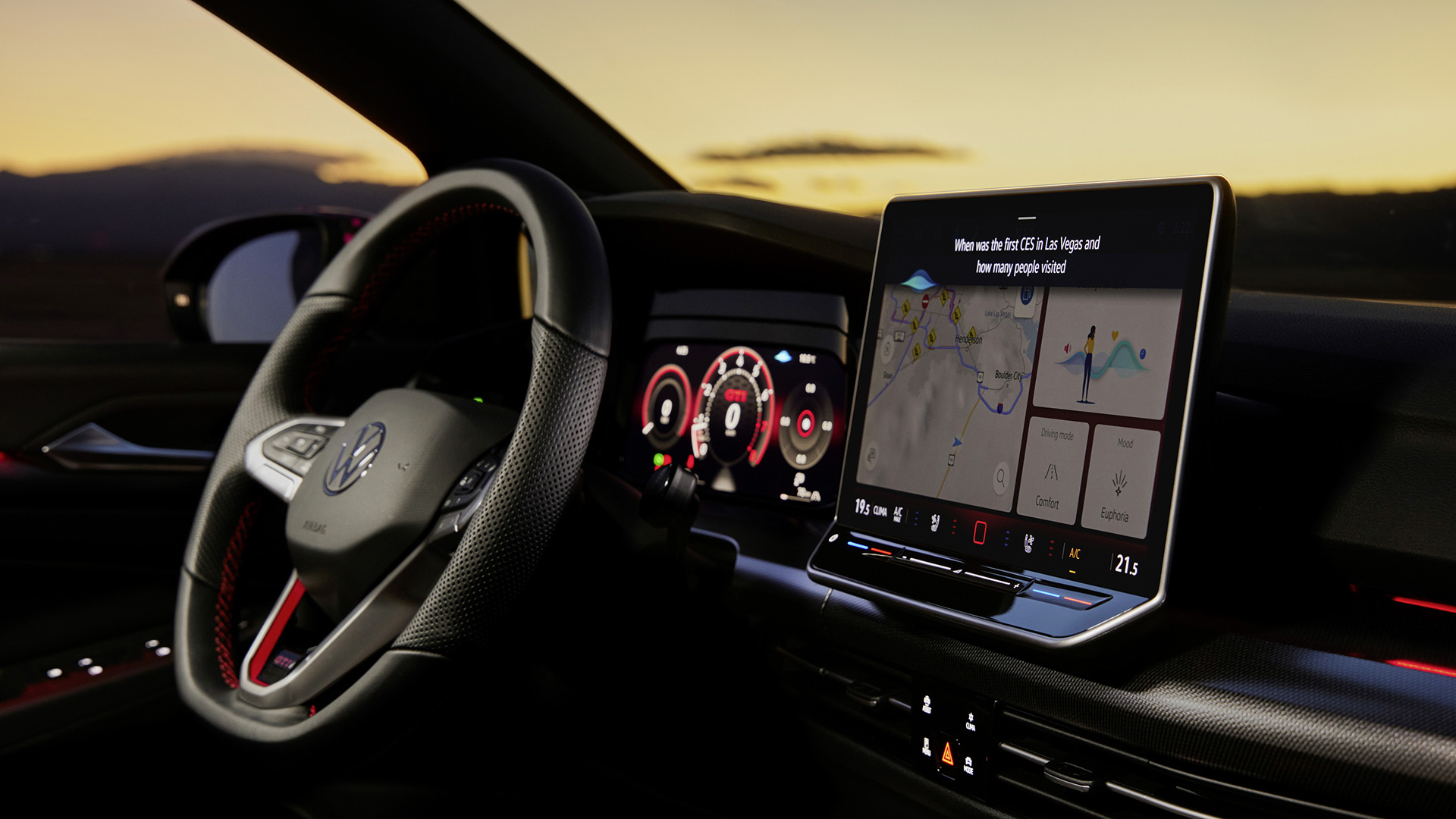
VW IDA with chatgpt integration
Where will AI go next?
So what’s next? On 10 June, Apple will unveil its next suite of operating systems at WWDC 2024, including iOS 18 for the iPhone, which is expected to be a major game changer.
Apple has lagged somewhat in AI but is allegedly going to come in strong. Siri is going to become more intelligent, understanding and possibly even flirty. Apple is essentially grabbing the Google strand like a lifeline. Expect innovations in camera and editing as well as a host of others.
Over at Amazon, we await further developments. There are over half a billion of its Alexa voice assistant devices in the world, but its AI progress has been slow. Alexa LLM (Large Language Model) will improve what has become"‘an entirely new computing paradigm". How? Well, language will become more natural and wider. Alexa will become more sensitive and there is even talk of it recognising gestures. And eye contact.
Google’s Astra is an exciting new project that it unveiled at Google I/O this year. It’s, designed to compete with ChatGPT and powered by the company's "Gemini" engine. Currently, nearly all AI relies on LLM. That’s text. Astra takes input from images, video, language and multiple other inputs. And it’s designed to integrate in other forms, such as glasses.
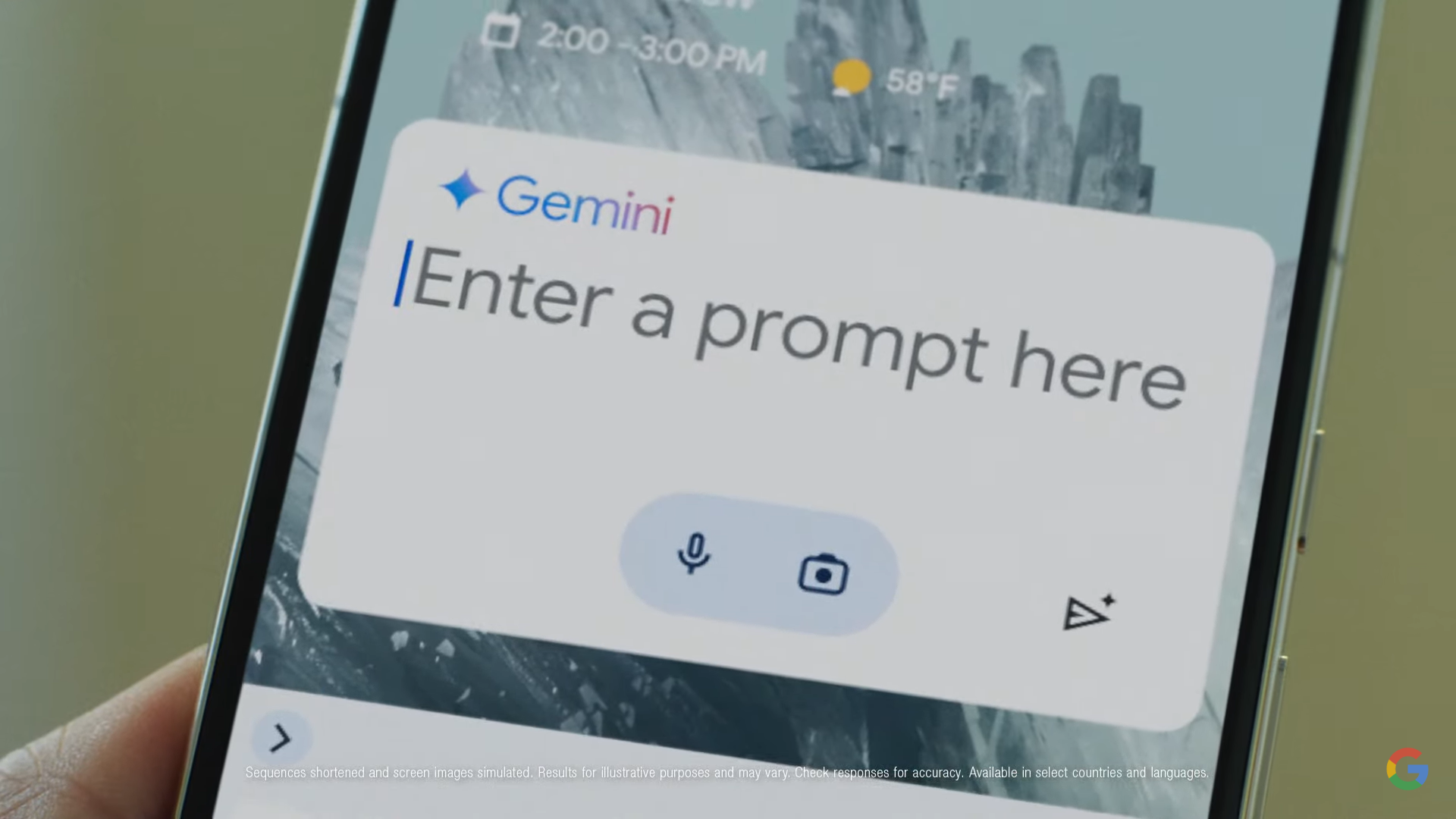
Astra’s demo shows some genuinely inspiring and useful abilities. The bad news is that Project Astra isn't coming to smartphones anytime soon. This real-time multi-modal AI assistant is literally a research project at present.
I’ve watched a lot of Gemini demos. My favourite moment is from a collage of interactions between humans and AI. In one sequence Gemini is shown a blue duck and asked if it will float. The duck is squeezed and squeaks. Gemini observes: “Oh, if it’s squeaking it’s definitely going to float!”
AI has the potential to be a world changer, though it also threatens the jobs of translators, marketers and creatives.
Gemini ‘Geo’ can generate video from text prompts. Google can generate original music. AI has the potential to generate photos, videos and words with minimal skill. However, it is unlikely to truly match the creative abilities of a human being – for now at least.
Jon has written magazine editorial, commercial copy, speeches, television series, corporate video, corporate bids and proposals, books, radio documentaries, a university course, government communications and for BBC News.
He's interviewed everyone from the Princess Royal to Kylie Minogue and is the author of the fitness book, No More Mr Fat Guy. During his working life in 73 countries, he has gained cultural awareness, especially of the EMEA region.

